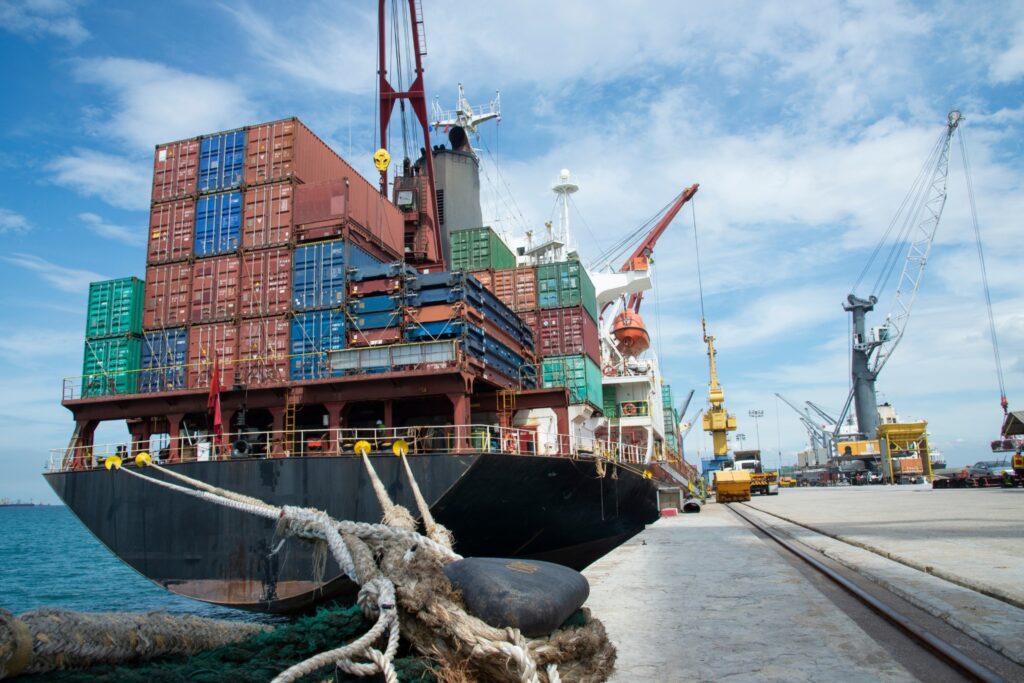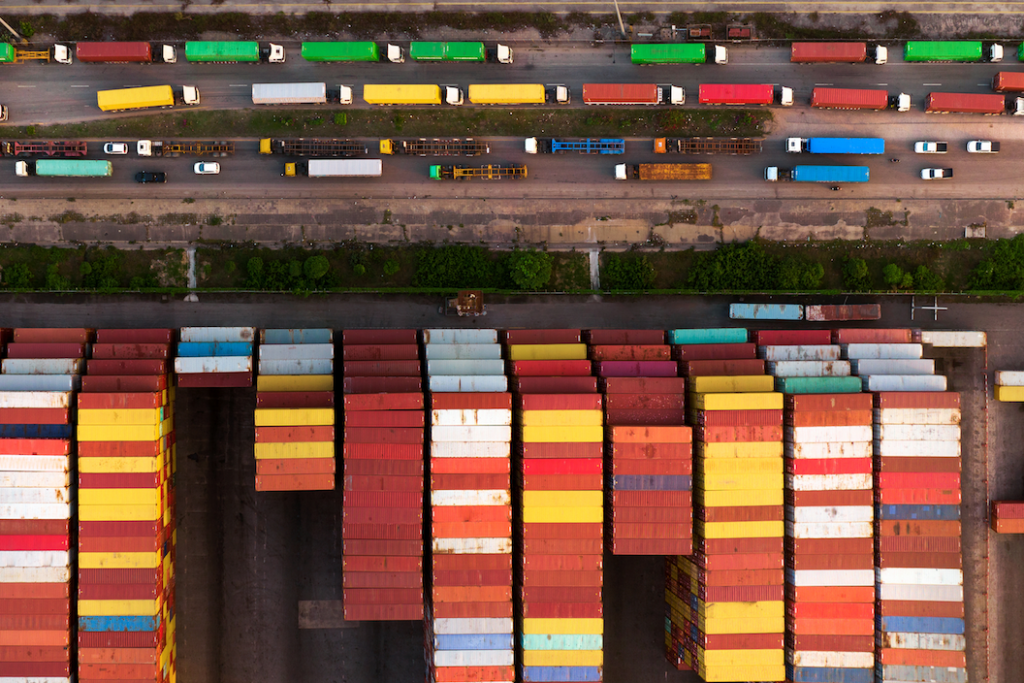Tariff impact on shipping is one of the most pressing challenges facing global supply chains today. As trade policies shift and geopolitical tensions evolve, tariffs continue to influence how businesses move goods across borders. These changes ripple through every layer of logistics, from procurement and production to transportation and delivery.
For shippers, even modest tariff adjustments can alter freight costs, disrupt established routes, and strain long-standing partnerships with carriers and suppliers. The complexity of global trade means that businesses can no longer treat tariffs as an isolated financial concern. Instead, they must be viewed as a core factor in strategic supply chain management.
Understanding how tariffs affect shipping costs, trade patterns, and logistics decision-making helps companies stay resilient and competitive in a constantly changing market. In this article, we’ll explore the key ways tariffs shape global shipping operations and how smart logistics strategies can minimize their impact.
Why Tariffs Matter in Logistics
Tariffs are essentially taxes on imported or exported goods. While they are a tool for governments to regulate trade, they create challenges for businesses moving products internationally. Higher tariffs can drive up costs, create uncertainty in global markets, and force supply chain leaders to adjust sourcing, production, and transportation strategies. For shippers, carriers, and logistics providers, tariffs are a fundamental operational reality.

How Tariffs Affect Shipping and Supply Chains
Rising Freight Costs
When tariffs increase, so do overall transportation expenses. Businesses must either absorb higher freight costs or pass them on to customers, both of which can impact competitiveness in the market.
Supply Chain Disruptions
Tariffs often cause companies to rethink where and how they source goods. Shippers may need to shift production to countries with fewer trade restrictions or diversify supplier networks. These adjustments can lead to longer lead times, added complexity in customs clearance, and unexpected delays.
Changing Trade Patterns
Global trade flows evolve quickly when tariffs are imposed. Some businesses choose to reroute shipments through alternative ports or regions to minimize costs. Others relocate manufacturing closer to demand centers to reduce exposure. These changes create ripple effects across logistics networks worldwide.
Challenges for Freight Brokers and Carriers
For freight brokers and carriers, tariff changes mean renegotiating contracts, finding cost-efficient routes, and helping customers navigate uncertainty. The pressure to provide both savings and reliability is higher than ever.
Strategies to Manage Tariff Challenges
While tariffs can’t be controlled by individual businesses, the way companies respond to them can make a significant difference. Some effective strategies include:
- Partnering with a 3PL: Third-party logistics providers bring expertise in navigating complex shipping environments and identifying cost-saving opportunities.
- Using Transportation Management Systems (TMS): Technology delivers real-time visibility, allowing companies to adjust routes, track costs, and improve decision-making.
- Building Flexible Supply Chains: Diversifying suppliers and transportation modes reduces reliance on any single route or region.
- Long-Term Planning: Cost modeling and proactive scenario planning help businesses prepare for sudden tariff shifts.
What Businesses Should Consider
When evaluating the tariff impact on shipping, it’s important to ask:
- How exposed is your current sourcing strategy to changing tariffs?
- Can your logistics network adapt quickly if routes or costs shift?
- Does your logistics partner have the expertise and technology to keep you competitive?
Why Partnering with the Right 3PL Matters
Tariffs will always be part of the global trade environment. Understanding the tariff impact on shipping, and proactively building strategies to manage it, positions businesses for greater resilience and cost efficiency. Choosing a knowledgeable logistics partner makes all the difference.
By partnering with an experienced 3PL like R2 Logistics, companies can turn challenges into opportunities and keep their supply chains moving with confidence. R2 Logistics offers the tools, visibility, and expertise businesses need to manage tariff-driven challenges. With a transportation management system that delivers real-time insights and a team experienced in navigating global supply chains, R2 helps shippers stay ahead of uncertainty.

